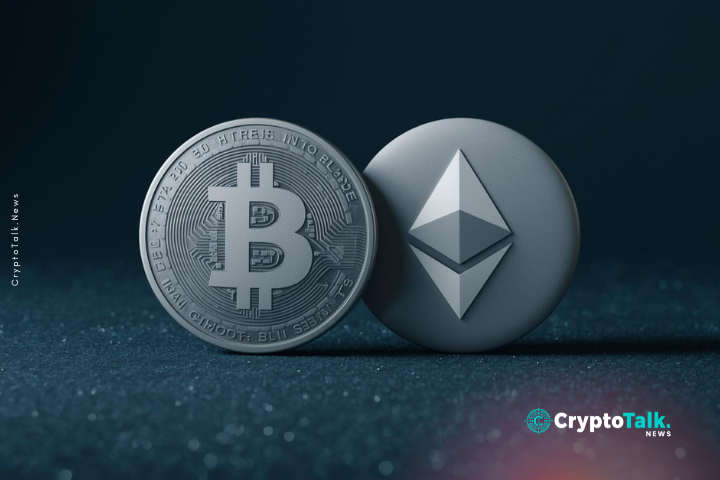Tensions between the United States and China have flared after China accused U.S. authorities of seizing 127,000 Bitcoin valued at over $13 billion, tied to a 2020 hack of the LuBian mining pool. The U.S. maintains that the seizure targeted criminal activity, not a state-sponsored operation, yet the incident has sent shockwaves through diplomatic channels and the global cryptocurrency market. Investors and regulators alike are now watching closely, as this episode highlights the intersection of geopolitics and digital assets in a way few events have before.
The implications for cryptocurrency regulations in Asia are profound. Nations such as Thailand, India, and Indonesia, already navigating complex regulatory environments, may now accelerate efforts to tighten compliance standards. Thailand, for instance, has been pushing foreign crypto exchanges to adopt local licensing, Know Your Customer protocols, and anti-money laundering measures. Similar moves could become more common across the region as governments aim to safeguard financial systems and maintain investor trust.
Market reactions were swift and volatile. Bitcoin’s price swung dramatically following the allegations, illustrating the fragility of investor confidence when geopolitical disputes intersect with high-value digital assets. Institutional players are reassessing exposure, and risk-off strategies are emerging as a dominant theme. Experts note that such events underscore the critical need for flexible yet robust regulatory frameworks capable of handling cross-border crypto incidents without stifling innovation.
Looking ahead, Asia’s approach to cryptocurrency oversight is likely to balance caution with innovation. Regulatory sandboxes, already employed in countries like Thailand, could expand, offering a controlled environment for blockchain projects while enforcing compliance. International cooperation will be key, as the U.S.-China Bitcoin seizure demonstrates that unilateral actions can have ripple effects across the global market. Policymakers and industry leaders will need to work together to foster a secure, transparent, and resilient crypto ecosystem.
The U.S.-China Bitcoin incident serves as a stark reminder of the vulnerabilities and opportunities within the digital asset space. As regulatory landscapes shift and investor sentiment reacts to geopolitical developments, understanding the dynamic interplay between politics and cryptocurrency will be essential for navigating the future of blockchain finance.
Author
-

Lena Hartman is a London-based crypto journalist and blockchain researcher with over 7 years of experience covering the global cryptocurrency markets. She earned her Master’s degree in Economics and Blockchain Technology from University College London (UCL) and has become a trusted voice in the world of digital finance. At CryptoTalk.news, Lena writes expert-level content on DeFi, NFTs, crypto regulations, exchange trends, and tokenomics. Known for her deep-dive analysis and sharp editorial insights, she helps readers understand both the technical and financial sides of the crypto space. Her work has also been featured in Euro News 24, Wall Street Storys, Daljoog News, and Wealth Magazine, where she covers everything from macroeconomic impacts on Bitcoin to emerging altcoin ecosystems. Lena is an advocate for financial literacy, a speaker at blockchain meetups, and a contributor to various open-source crypto education projects.
View all posts

























